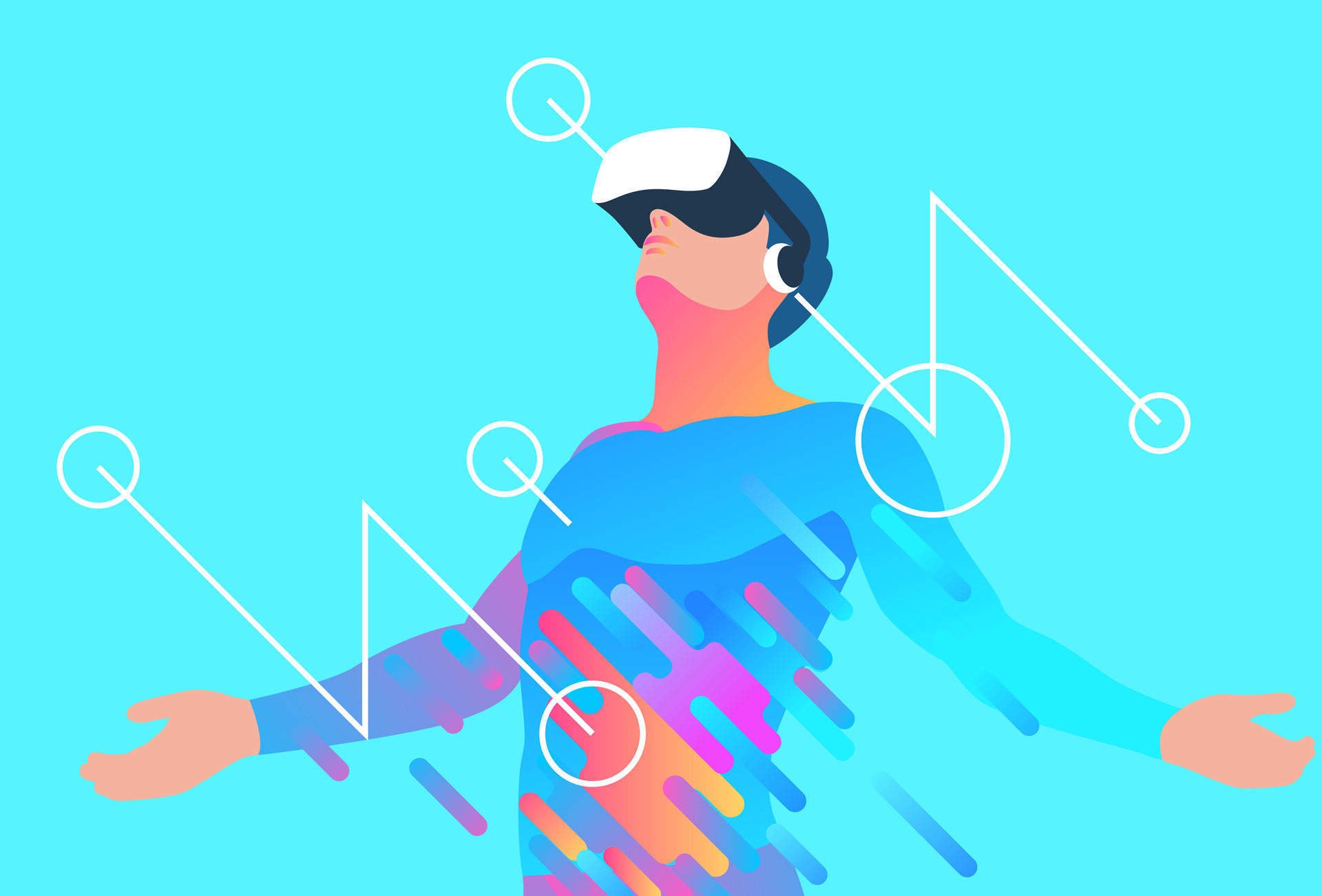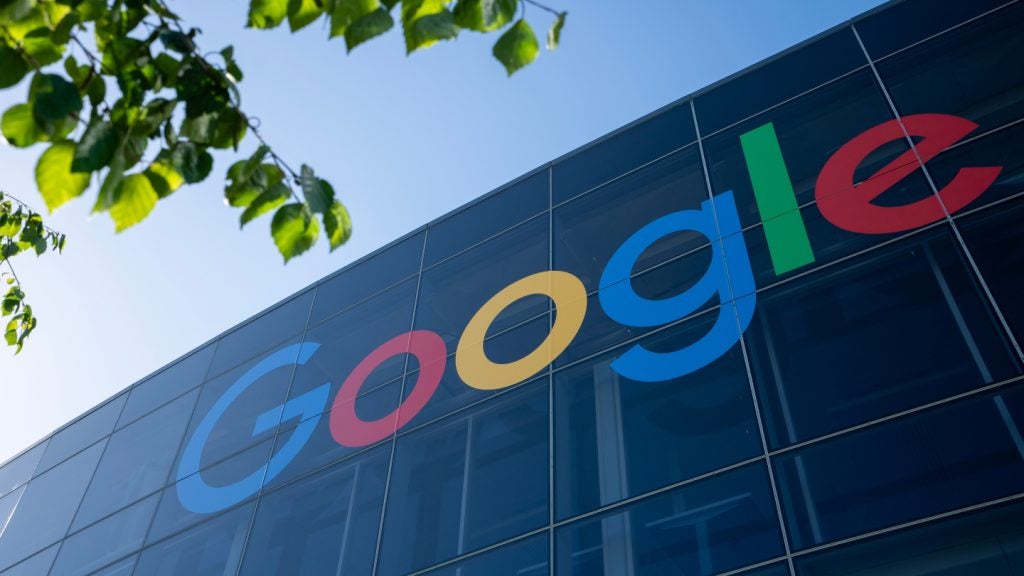
London College of Communication has announced the launch of a new virtual reality degree range in response to growing demand within the creative industries.
Consisting of an undergraduate BA (Hons) Virtual Reality degree and a postgraduate MA Virtual Reality degree, the courses will launch in October of this year as part of London College of Communication’s Screen School.
Covering virtual reality (VR) storytelling and creative techniques, the course is designed to equip students with the skills increasingly required across marketing, advertising, film and media, as well as by charities and the education and training sector.
“As more film and media companies experiment with VR content, we’re seeing increased demand from the wider industry for skilled virtual reality experts, which is why it’s so exciting to open these two dedicated courses at London College of Communication,” explained Ana-Despina Tudor, course leader of MA Virtual Reality.
“In just a few years, these graduates will gain the skills and understanding to incorporate this emerging technology across various industries, including in technical careers and roles that are entirely new.”
“Throughout the process of developing and implementing these courses, we’ve engaged with key VR industry professionals and have received positive feedback that London College of Communication is producing exactly what the industry needs: graduates with both the skills and ideas to further evolve VR practices in the creative fields,” added Larra Anderson, Dean of Screen at London College of Communication.
How well do you really know your competitors?
Access the most comprehensive Company Profiles on the market, powered by GlobalData. Save hours of research. Gain competitive edge.

Thank you!
Your download email will arrive shortly
Not ready to buy yet? Download a free sample
We are confident about the unique quality of our Company Profiles. However, we want you to make the most beneficial decision for your business, so we offer a free sample that you can download by submitting the below form
By GlobalDataThe technologies behind the virtual reality degree courses
London College of Communication is developing a suite of virtual reality classrooms specifically for the course that will enable students to film, sculpt and animate in VR.
These will be equipped with technologies for room-scale VR, including tethered headsets such as the Oculus Rift and HTC Vive Pro.
The course will also provide students with access to mobile VR technologies, motion capture suits and an infinity cove green screen.
Students will also have access to Unity Engine software, one of the leading development tools for VR experiences.
Virtual reality degree courses on the rise
Despite claims that virtual reality is overhyped, the industry is seeing growing interest and support.
The course is one of the first in Europe, joining a small but growing number of specialist degrees focusing on VR.
Others in the UK include the University of West England Bristol’s MA Virtual Reality Degree and Glasgow School of Art’s BSc (Hons) Games and Virtual Reality course.






